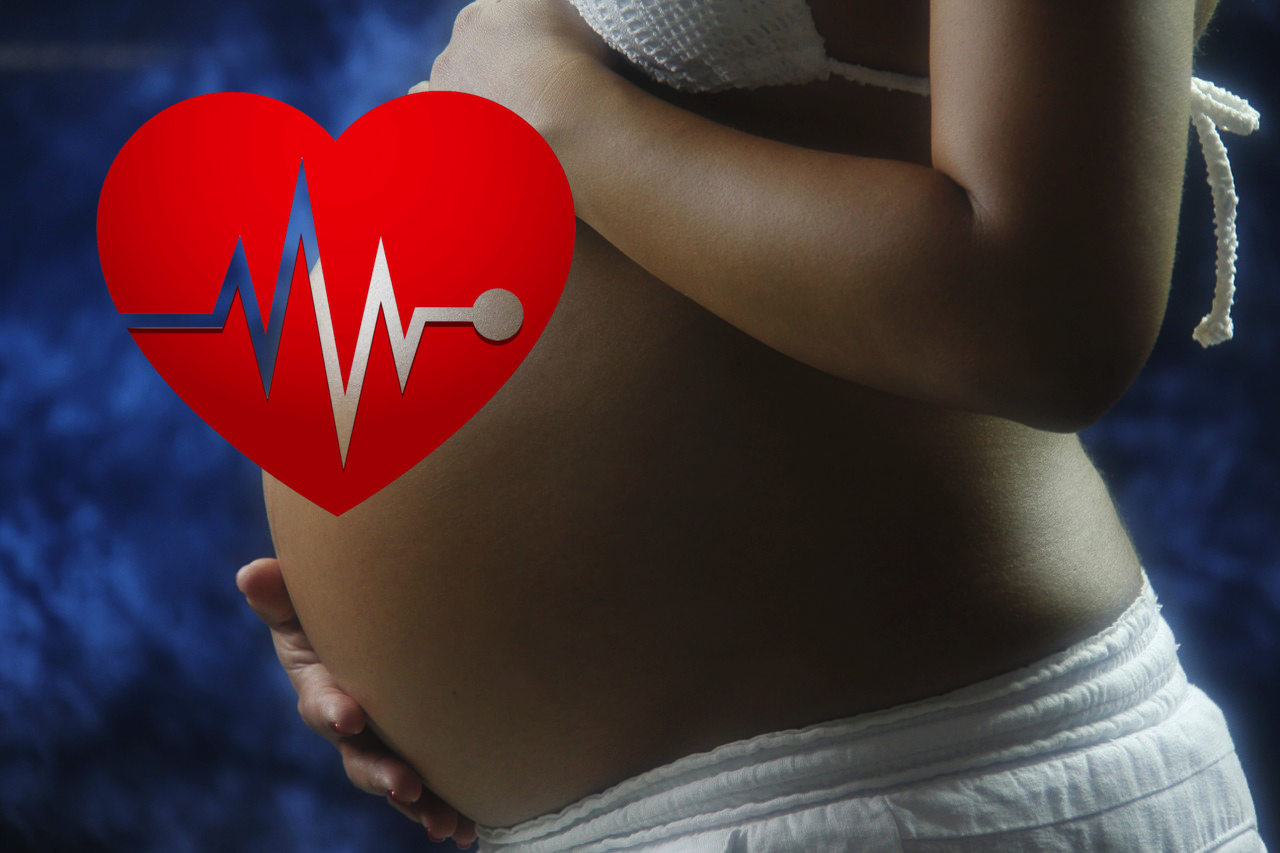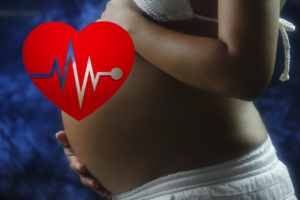
High Heart Rate Pregnancy:
The High Heart Rate Pregnancy – Know The Risks, By Sandy Charles, MD.

High Heart Rate Pregnancy – Pregnancy is an amazing time in a woman’s life. There are many changes involving the heart and the circulatory system. That may occur to allow for the development of a healthy baby.
Early in the first trimester, a woman’s body does three important things in order to create an adequate blood supply for the baby:
1) There is an increase in the total amount of blood within the body.
2) blood pressure decreases to help the heart pump more effectively.
3) The heart starts beating faster.
If you have ever had any issues with your heart prior to pregnancy, like abnormal heart valves. These three changes early in pregnancy can sometimes cause major problems later in pregnancy.
If you experience difficulty breathing or significant leg swelling, it is important that you see your doctor immediately. It is also essential that pregnant women get enough rest. Also, avoid intense physical activity since the heart is already working overtime to keep up with your growing baby!
SIGNS OF LABOR TO WATCH OUT FOR
 Because of how blood circulates in our body, the way you sleep can affect how much blood your baby receives during pregnancy.
Because of how blood circulates in our body, the way you sleep can affect how much blood your baby receives during pregnancy.
The best position to ensure that your baby gets the most blood flow as your uterus grows is lying on your left side. On the other hand, lying on your back can significantly decrease the amount of blood flow your baby gets. Because as the uterus grows it can compress on critical vessels in your body.
The fact that blood pressure decreases during pregnancy may cause some pregnant women to feel lightheaded or may even cause some women to faint. In order to avoid this, it is important that you drink plenty of water, avoid long periods of time without eating, and avoid prolonged standing. Always be sure to sit or lie down if you are feeling lightheaded to help prevent you from fainting. Compression socks, which are special socks that help maintain good blood circulation, may also prevent lightheadedness and fainting during pregnancy.
Instead of having a drop in blood pressure during pregnancy, some women develop an abnormally elevated blood pressure, also known as hypertension. Elevated blood pressures later in pregnancy along with signs of organ injury may be caused by preeclampsia, which can place both you and your baby at significant risk and can sometimes be fatal. Preeclampsia sometimes develops without any symptoms, so it is important that you have your blood pressure routinely checked during pregnancy to help avoid any complications.
WHAT YOU NEED TO KNOW ABOUT PREECLAMPSIA
Arrhythmias, which are abnormal heartbeats, are the most common heart abnormality affecting pregnant women. Arrhythmias can cause many women to feel like their heart is racing and they can also cause some pregnant women to feel lightheaded or faint. Always go to your doctor for an evaluation if you feel like you may have an arrhythmia. Your doctor will likely ask you to wear a heart monitor for a day or two in order to assess your heartbeats.
It is also important to limit caffeine intake since increased caffeine intake may sometimes trigger arrhythmias.
Sometimes pregnancy can cause the heart muscle to weaken and the heart’s pumping ability to malfunction, a condition called peripartum cardiomyopathy. Common symptoms of this heart condition include significant difficulty breathing, leg swelling, persistent cough and severe fatigue. The symptoms usually arise toward the end of pregnancy and can sometimes occur up to 5 months after delivery. Thankfully, with the right treatment and medications, a large percentage of women with peripartum cardiomyopathy get better and fully recover.
Tell your provider immediately if you experience these symptoms. If your symptoms are severe or include chest pain, seek immediate medical attention.
Author:

Dr. Sandy Charles is a cardiologist who specializes in women’s heart health. She attended college at Princeton University. She completed medical school and training in Internal Medicine at Columbia University. Also, she completed a fellowship in Cardiovascular Disease at New York University. She works at Novant Health Heart and Vascular Institute in Charlotte, North Carolina. You can follow her on Instagram @drsandycharles
Join us over at the PB Moms Exclusive Circle, where we invite healthcare experts to prepare us for life after childbirth and motherhood. Go to: pregnancybeyond.com/exclusive-circle.
Follow PregnancyBeyond on Instagram, Facebook, and Twitter.




